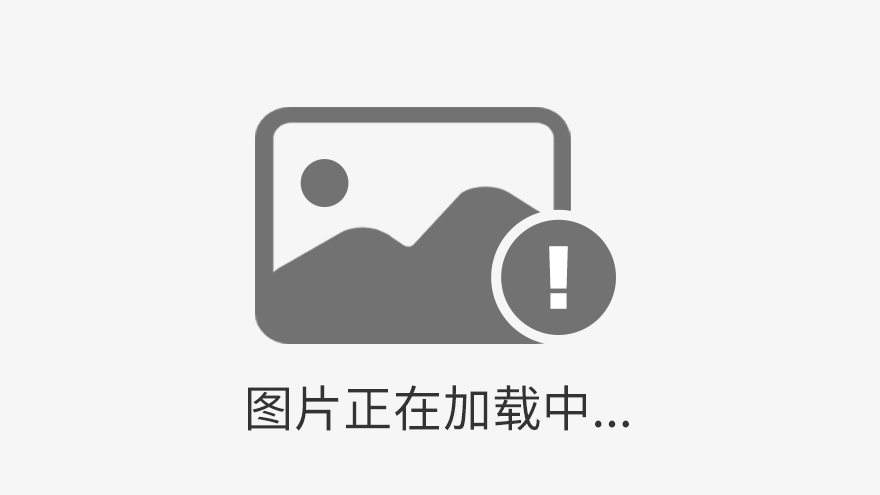前文中,我们涉及到了AND是非常重要的小词,容易听漏,我们需要重点注意。下面朗阁海外考试研究中心将为考生们分析另一个小词——BUT, 它在听力中的重要性不亚于AND, 也同样非常容易被忽略,因此需要我们加倍小心。

u 重要性
Ø 转折
But在句子中的出现频率非常高,在大多数情况下用作并列连词连接,连接两个并列的分句或两个并列的成分,在意思上BUT表示转折,翻译为“但是”,“可是”。如:
A real find for our patients has been the shock-absorbing shoe insert. A cheap but very effective solution. (剑3 Test1 Section4后面缩写为:
Sometimes there''s simple fix such as changing the guy at the top. ... But a more ambitious approach ... would be to alter ... (
这边表示的是含义的转折,说话的侧重点往往是放在BUT的后面。因此往往会是听力中的考点,我们需要在听力过程中留意去听取。
What does Karin think the company will do?
A. Look for private investors
B. Accept a takeover offer
C. Issue some new shares
Audio Scripts: ... They have the choice of accepting the very favorable terms that another company ... have given them to buy them out. ... Or they could ... offer some new shares if they wanted. But I ... expect they will start trying to find individuals who''d be prepared to back them with some of the capital they need. (
此题我们会发现A,B,C都有提及,并且都做了同义词互换,因此在听力中有较大的负担。不过BUT的出现却能够帮助我们解题。这个词语后面就是答案,这样我们就很快的定位到了答案句。当然也可以通过排除法来做题,也就是but前面都是错的,排除B和C同样也能很快知道答案A。
还有一种情况是出现在固定短语not only ... but also ... 中,这是一组关联并列连词,表示其所连接的成份在意义上后一项对前一项的补充和引申,但侧重点在后一项上,意思是“不但……而且……”。如,
Not only is he interested in the subject but also all his students are beginning to show interested in it.
有时候,but和also可以被分隔使用,如:
Of course they bring different ideas, but it''s also their attitudes ... (
个别时候甚至可以将also省略,不过意思还是一样的
During times of change they should be thinking not only about the strain on their staff but take time out to think of themselves. (
此时意义类似于and,因此前后两句都很重要,都有可能是考点,需要同等注意。
Ø 同义互换
BUT往往不会在试卷上出现,因此我们不需要过分关注它与其他词语之间的互换。但是同样表示转折的词语却有不少,同样也是我们需要关注的。
However:
Videos, however, are ideal for use with everyone present in the class... (
Whereas:
Asiatic lions also have a long fold of skin on the undersides, whereas not many African lions have this. (
Nevertheless:
Nevertheless, when you start out and particularly when you''re going for an interview, it''s important not to confuse people ...(IELTS plus Test 3 Section 4)
这些词语虽然都表示转折的意思,但是相对于but来说都属于生难词汇,尤其是在听力过程中,往往无法能够听懂这些词语;另外由于这些词语都较长并且一般后面都会有一定的停顿时间,在听力中听到并不难。因此在听力过程中出现频率并不是很高。
u 难点
Ø 语音难点
既然BUT这么重要,并且出现频率也很高,那么在听力过程中会有什么问题呢?朗阁海外考试研究中心分析发现,首先,和AND一样,BUT本身只是连词,并不是说话的重点,因此在说话的过程中,这个词语并不会完全读成/b^t/,而是会弱化为/b∂t/;其次,由于BUT是由爆破音/t/结尾,因此如果后面的词是辅音这个词语就会爆破,此时BUT仅仅读作/b∂/。这样远远加大了听出这个词语的可能性,自然也很难能定位到后面的重要的话。
|
Testing and evaluation |
Quick feedback from oral presentation. Marking criteria for oral presentations known in advance. |
Too much ______ |
Audio Scripts:... at lease we''ve done the oral presentation ... I got my feedback really quickly ... We knew the criteria ... but I''m not so sure about the written work. One thing I think is that there''s just too much, it''s really stressful. (
此题有相当难度,因为空前的too much是在很后面才出现,听到了这个词语时答案已经不知所踪了。此题可以通过前面几句的名词oral presentation, feedback, criteria来定位,然后BUT的出现也就预示了答案的到来。但是这个题目中BUT读的非常弱,非常容易听漏。
总的来说,朗阁海外考试研究中心提醒考生们,在表示转折的连词中BUT的出现频率是*的,而且BUT之后往往是非常重要的语句,也就是答案句所在。要注意的是BUT会弱读,需要重点练习对这个词语的敏感









